Understanding 8 Parts of Speech

Unveiling the Secrets of the English Language: Understanding Parts of Speech
The English language, with its vast vocabulary and complex grammar, can be intimidating for both native and non-native speakers. However, one of the most fundamental tools for mastering this language is understanding parts of speech. These categories help us identify the function of each word in a sentence, allowing us to communicate effectively and accurately.
The Eight Essential Parts of Speech:
In English, there are eight essential parts of speech:
- Nouns: Words that name people, places, things, or ideas. For example, dog, Paris, love, happiness.
- Pronouns: Words that replace nouns. For example, he, she, it, they, we.
- Verbs: Words that describe actions or states of being. For example, run, jump, sleep, is, are.
- Adjectives: Words that describe nouns. For example, red, big, beautiful, interesting.
- Adverbs: Words that describe verbs, adjectives, or other adverbs. For example, quickly, slowly, very, quite.
- Prepositions: Words that show the relationship between a noun or pronoun and another word in the sentence. For example, in, on, at, by, with.
- Conjunctions: Words that connect words, phrases, or clauses. For example, and, but, or, because, so.
- Interjections: Words that express emotions or sudden feelings. For example, Wow! Ouch! Hey!
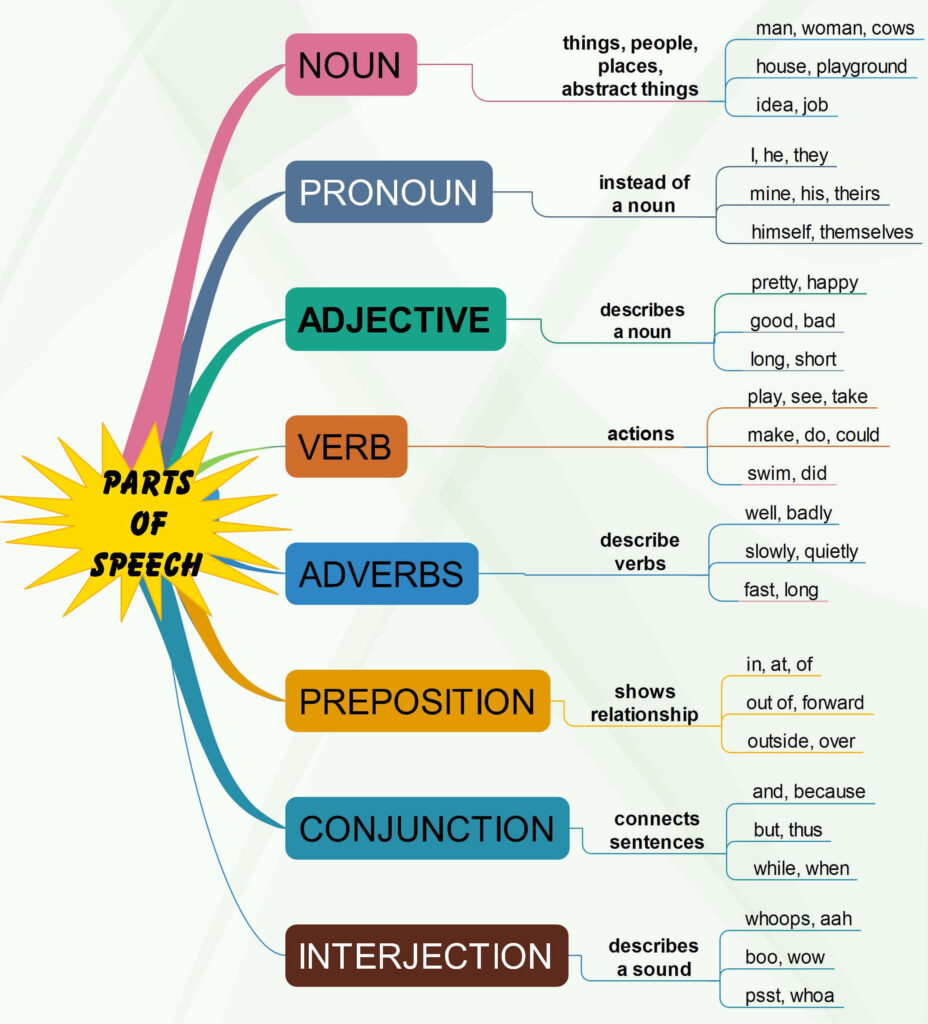
Learning the Parts of Speech:
While some words belong exclusively to one part of speech, others can function as different parts of speech depending on the context. For example, the word “run” can be a noun (“He completed a five-kilometer run”) or a verb (“She likes to run every morning”).
Understanding the different parts of speech and how they work together is essential for building strong writing and speaking skills. Here are some tips for learning and practicing:
- Use online resources and games to test your knowledge.
- Analyze sentences and identify each word’s part of speech.
- Write your own sentences using different parts of speech.
- Read extensively and pay attention to the way words are used.
The Importance of Understanding Parts of Speech:
By mastering parts of speech, you can achieve the following benefits:
- Improved communication: Knowing how to use words correctly enhances your ability to communicate clearly and effectively.
- Enhanced writing skills: Understanding the function of each part of speech helps you structure sentences and paragraphs logically.
- Greater reading comprehension: Recognizing parts of speech allows you to analyze texts more effectively and gain a deeper understanding of their meaning.
- Confidence in using English: Mastering the fundamentals of the language fosters confidence in your English speaking and writing abilities.
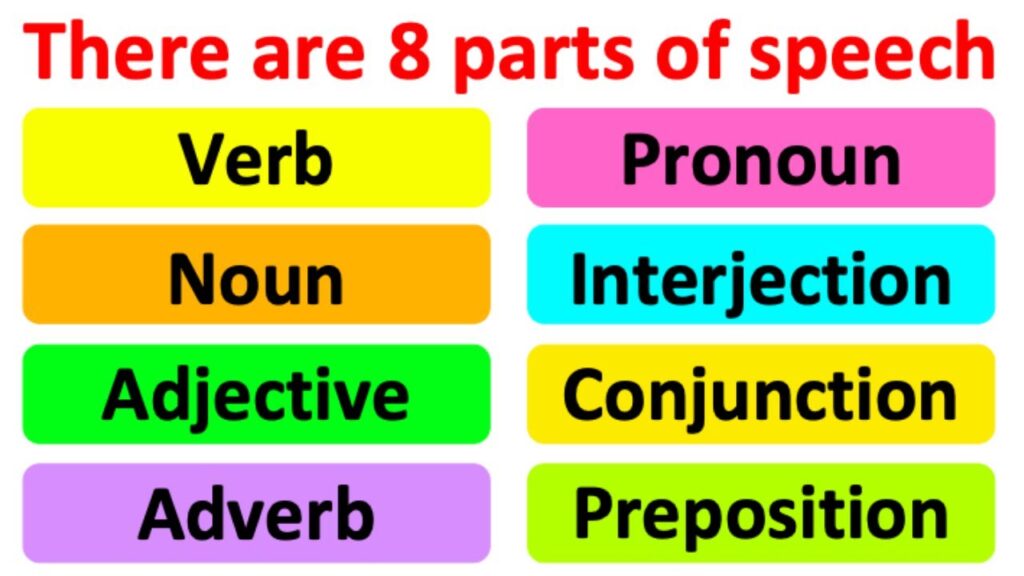
Understanding 8 Parts of Speech
The Parts of Speech in English: A Comprehensive Guide with Examples
Understanding the parts of speech is fundamental to mastering the English language. These categories, like building blocks, form the foundation of every sentence you speak or write. By delving into their definitions, functions, and examples, you can unlock a deeper appreciation for the nuances of English grammar.
This article serves as your comprehensive guide to the eight essential parts of speech:
1. Nouns
Definition: Nouns are words that name people, places, things, concepts, or ideas. They are the building blocks of sentences, acting as subjects, objects, or complements.
Examples:
- People: John, Mary, teacher, student.
- Places: London, Paris, classroom, mountain.
- Things: Book, chair, car, pen.
- Concepts: Love, happiness, freedom, justice.

2. Pronouns
Definition: Pronouns are words that replace nouns to avoid repetition or ambiguity. They can refer to specific people, places, things, or ideas.
Examples:
- Personal: I, you, he, she, it, we, they.
- Possessive: My, your, his, her, its, our, their.
- Demonstrative: This, that, these, those.
- Interrogative: Who, what, where, when, why, how.
- Indefinite: Someone, something, anywhere, anytime, everyone, everything.
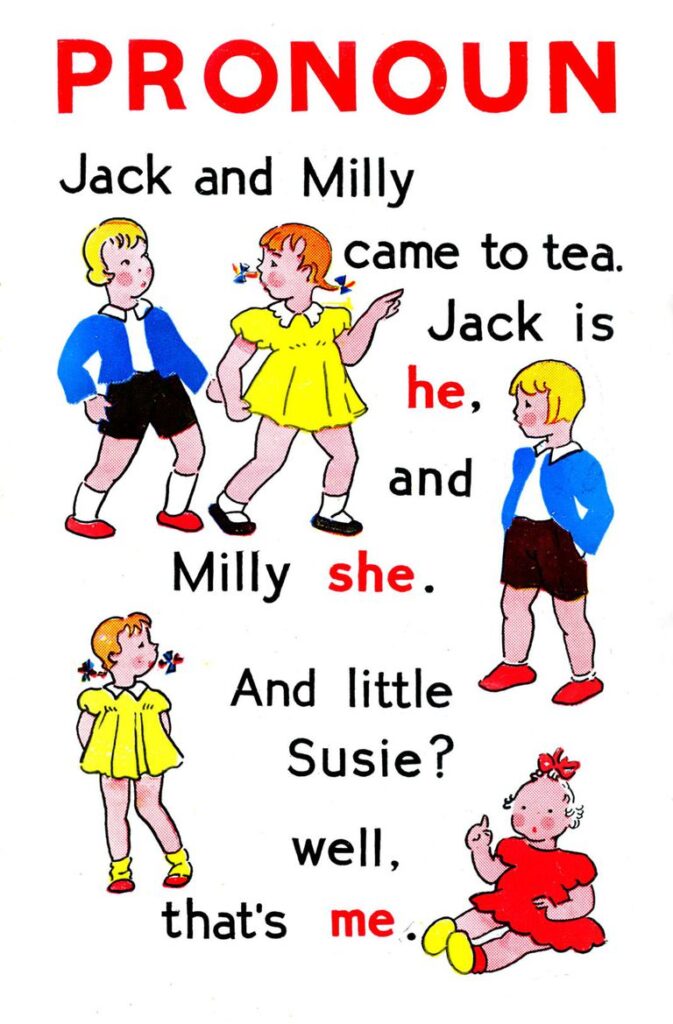
3. Verbs
Definition: Verbs are words that describe actions, events, or states of being. They form the core of a sentence, dictating its tense, mood, and voice.
Examples:
- Action verbs: Run, jump, write, sing.
- Linking verbs: Is, am, are, was, were, will be.
- Modal verbs: Can, could, may, might, will, would, shall, should.

4. Adjectives
Definition: Adjectives are words that modify or describe nouns or pronouns. They provide details about qualities, attributes, or properties.
Examples:
- Color: Red, blue, green, yellow.
- Size: Big, small, tall, short.
- Shape: Round, square, triangle, oval.
- Material: Wood, metal, plastic, paper.
- Opinion: Beautiful, ugly, interesting, boring.

5. Adverbs
Definition: Adverbs are words that modify verbs, adjectives, or other adverbs. They provide information about manner, place, time, degree, or frequency.
Examples:
- Manner: Quickly, slowly, carefully, carelessly.
- Place: Here, there, everywhere, nowhere.
- Time: Now, then, soon, later, always, never.
- Degree: Very, really, quite, pretty, too.
- Frequency: Often, sometimes, rarely, never.
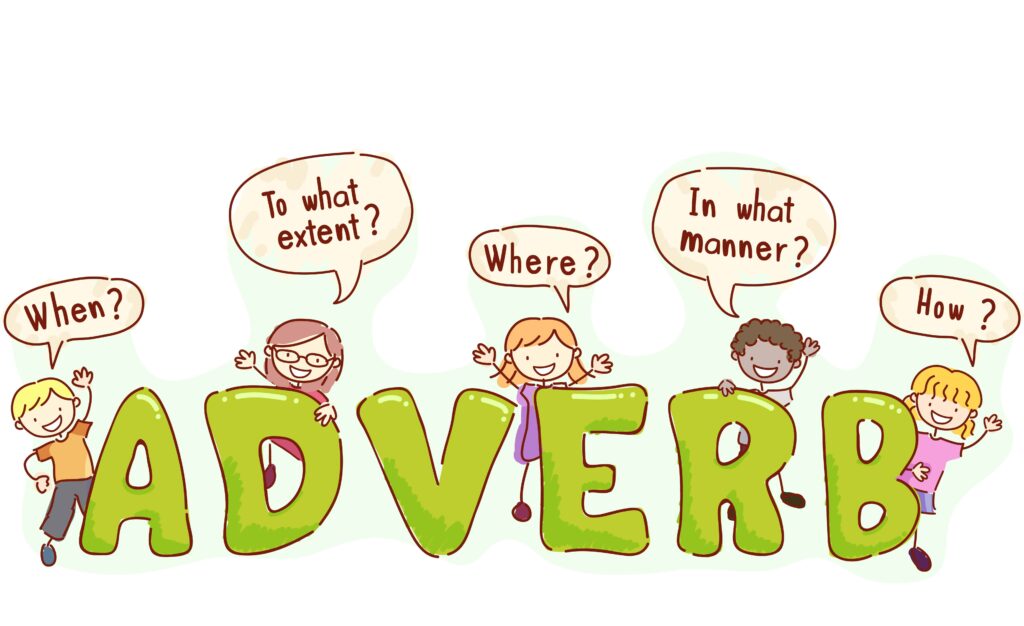
6. Prepositions
Definition: Prepositions are words that show the relationship between a noun or pronoun and another word in the sentence. They indicate position, direction, or time.
Examples:
- Position: On, in, under, over, above, below.
- Direction: To, from, toward, away, into, out of.
- Time: At, on, in, during, before, after.
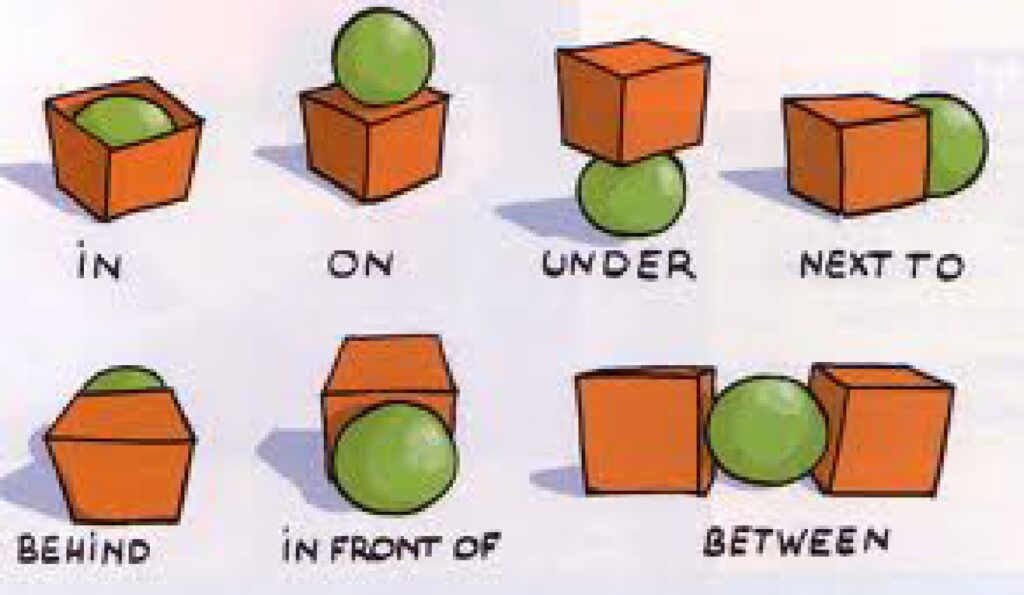
7. Conjuctions
Definition: Conjunctions are words that connect words, phrases, clauses, or sentences. They show relationships such as addition, contrast, cause and effect, or time.
Examples:
- Coordinating: And, but, or, nor, yet, for, so.
- Subordinating: Because, after, before, since, although, while, if.
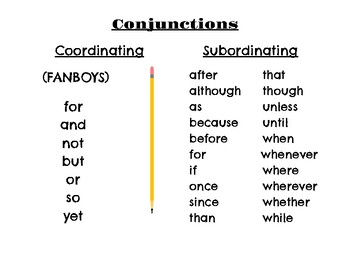
8. Interjections
Definition: Interjections are words that express sudden emotion, feeling, or surprise. They are not grammatically connected to the rest of the sentence.
Examples:
- Exclamation: Wow! Oh! Ah! Alas!
- Greetings: Hello! Hi! Bye! Goodbye!
- Sounds: Ouch! Boom! Bang! Crack!
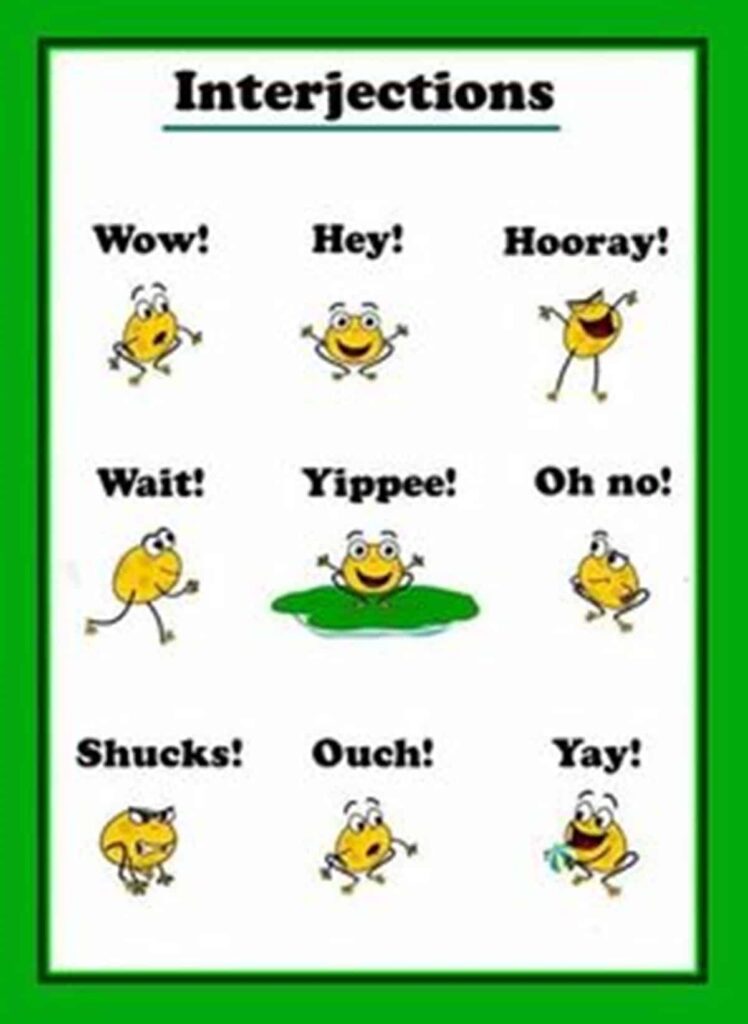
By understanding and applying these principles, you can unlock the power of parts of speech to write and speak with clarity, precision, and confidence.
Conclusion:
Understanding parts of speech is an essential step in mastering the English language. By dedicating time and effort to learning and practicing, you can unlock the door to effective communication and unlock a world of possibilities.
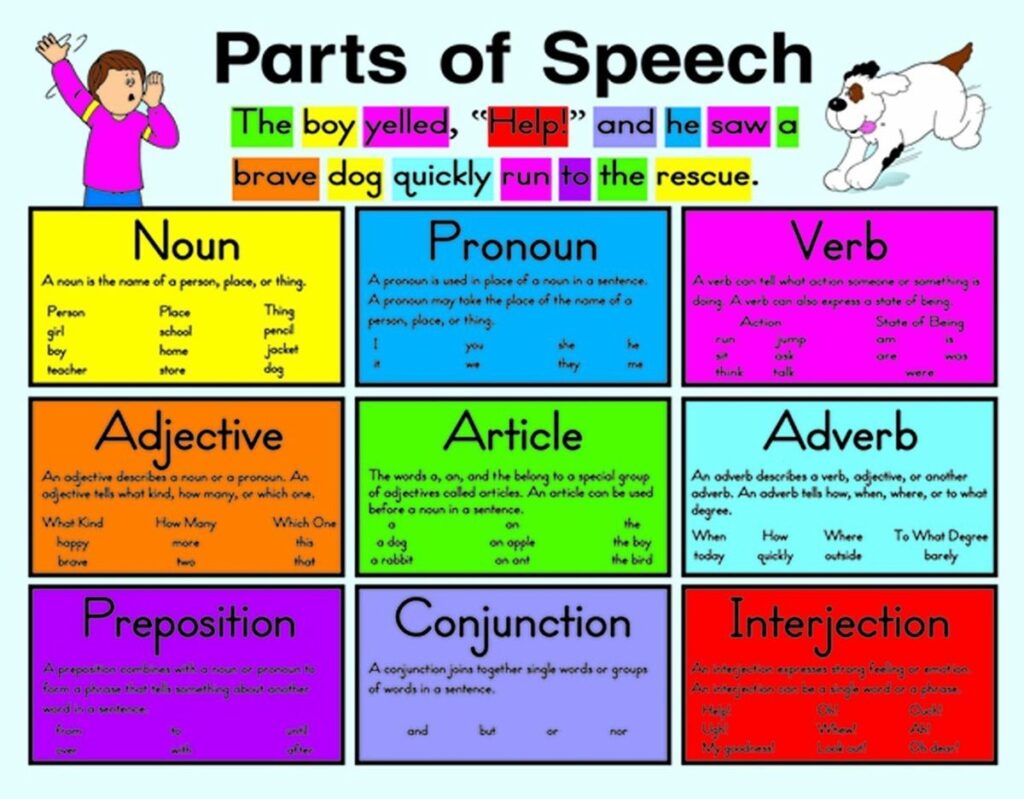
Parts of Speech Chart
I hope you had understood 8 Parts of Speech . For understanding 8 parts of Speech separately you can visit Stationvidya.com.
Or for more articles / essay and speech you can check this link https://stationvidya.com/2-min-global-warming-speech-global-warming-speech/
How did you find Understanding 8 Parts of Speech
If you like it please do like share and comment on the post . you can ask for any topic you want to learn.
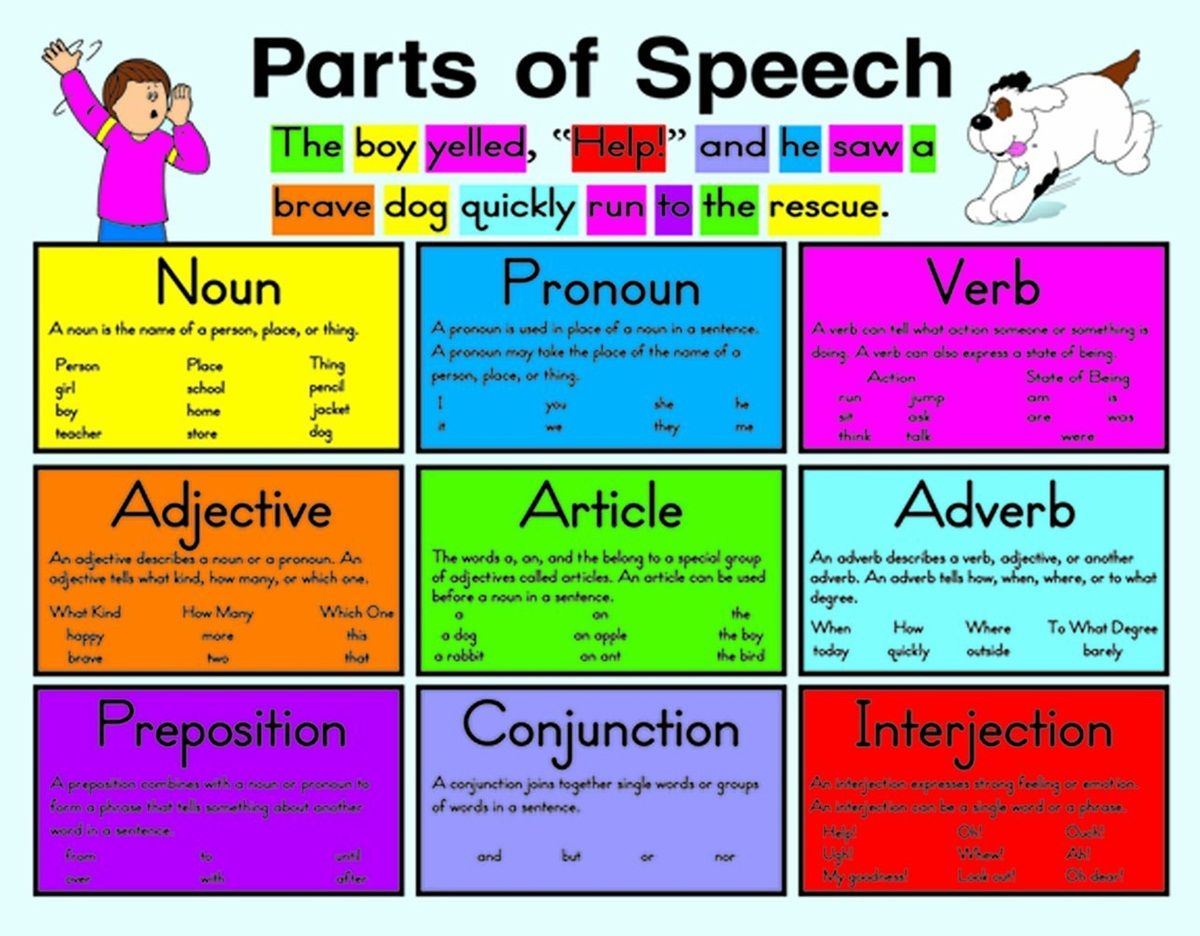
Leave a Reply